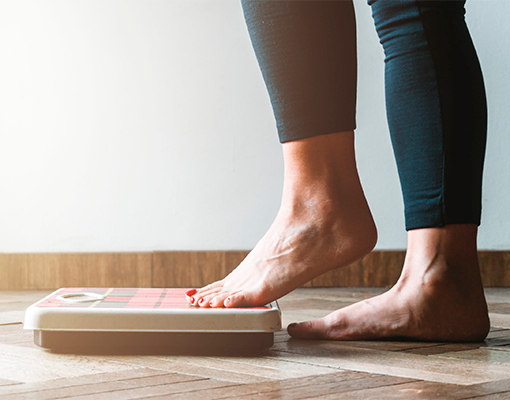To eat organic, or not? That is the question on the minds of many Americans. Personally I try to eat an organic diet most of the time. It seems a little difficult to eat strictly organic all the time for a few reasons though. One reason is the vast majority of food in the United States is not certified organic. Another is the price – for a single person making the change to organic eating may add a little money to your grocery bill, for a family of four (or more) the extra money paid on every item can add up quickly. Another is knowing what to look for on food labels. Some foods, though not labeled organic, are completely 100% natural. Trying to sort through it all can be a full-time job initially.
“If you want to eat like… Grandpa,
 go organic.”
go organic.”
Isn’t all this “organic food” a new concept? One reason that some people opt not to go for the organic section of their grocery store or skip shopping at “health food†stores is that they feel the major food suppliers of the country are giving us food that is perfectly safe. My dad, my grandfather, and my great grandfather didn’t eat organic foods – they did just fine eating food from regular grocery stores, they didn’t need to eat some kind of specialty food. Well, truth is, thirty years ago (and prior) the generations of your family were eating organic. Genetically modified foods and artificial man-made substances labeled as food were not a major part of the food supply as they are today. A lot of foods with the same label on them used different ingredients and different practices in processing decades ago. If you want to eat like Dad and Grandpa did, go organic.
Should you eat organic or not? We think you should!
Where does organic eating fit in with Beachbody’s programs? Looking at the P90X2 nutrition guide you will see that it suggests eating organic foods:
Should you eat organic or not? We think you should! It’s not a must-do, but it’s certainly better for you, particularly when it comes to soy and dairy…(and) as for increased nutritional value, the honest truth is that scientific research has yet to come up with a conclusive answer. That said, we’d put our money on the answer being yes! (p. 113)
If you are thinking of switching to an organic diet, look for the following on food labels:
USDA Certified Organic
Certified Non-GMO
Also look for phrases like, “Never any GMOs†or “30 years of no GMOs†on the labeling. It costs a lot of money to get a product certified as “organicâ€, so sometimes small food companies put out goods that are truly 100% natural, yet not certified as organic.
Watch out for the following labels:
Diet
All-Natural
Lite or light
Sometimes companies slap labels on their products that make them appear to be healthy. If you cannot pronounce more than half of the ingredients on a particular food label, it is probably not natural.
For more ideas on going organic, contact Glen at gleng@beachbodycoach.com




